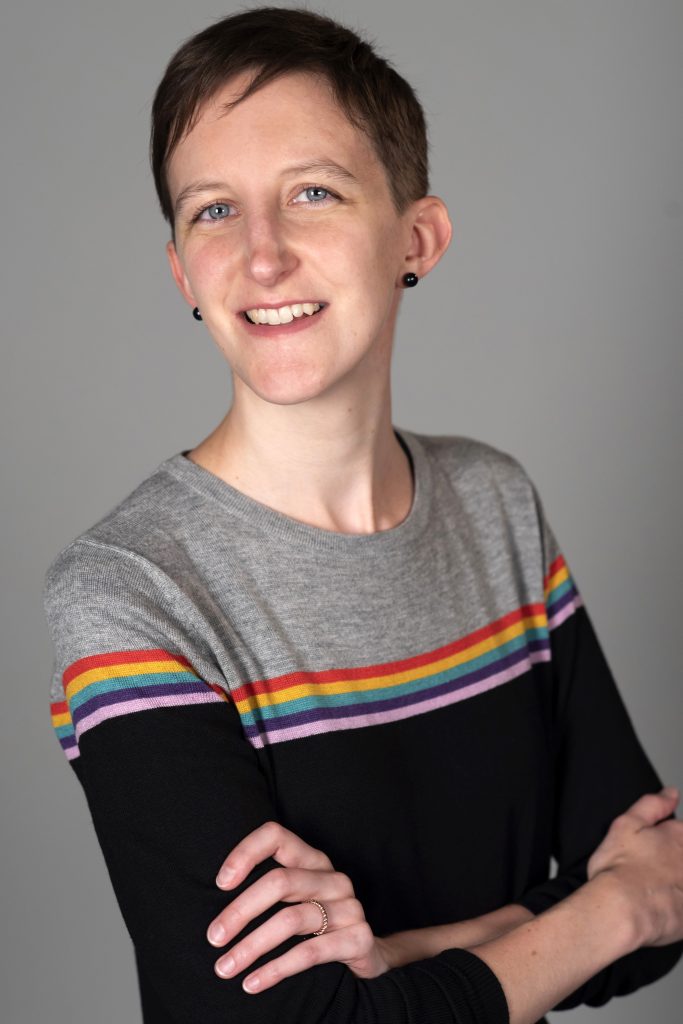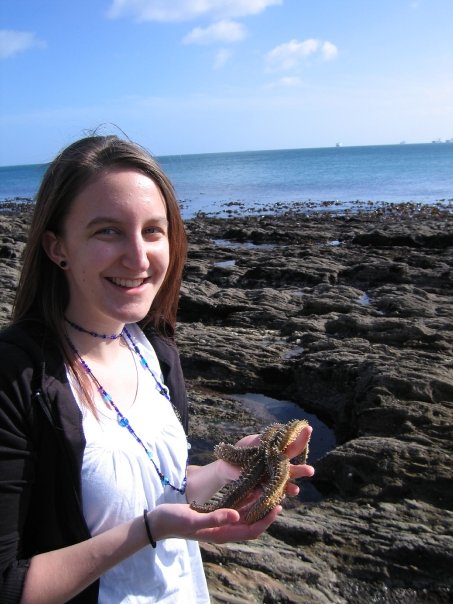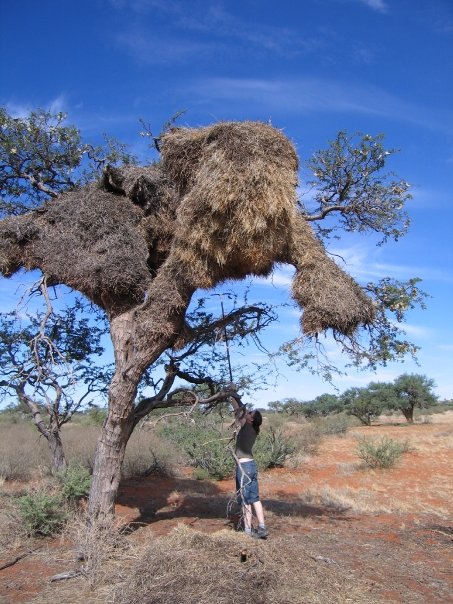This year we are looking back on some of our MSc graduates who have excelled in scientific research, ecology and conservation around the world since studying with us.
Today we meet Emily who graduated from MSc Evolutionary & Behavioural Ecology in 2009 and is currently a Research Fellow at the London School of Hygiene and Tropical Medicine.

Fiona, it’s been more than 10 years since you studied with us, why don’t you tell us a bit about your career in that time that led you to where you are now?
I think I’ve had a really varied career path so far, and I’m really happy with the diverse things I’ve done and where it’s all led me! After finishing my MSc at the University of Exeter, I took on a PhD in the same department. Both my MSc and PhD projects were very much focused on evolutionary ecology and involved a lot of lab work with insect model species.
After my PhD, I spent 4 years as a postdoc at the University of Sussex, where I still worked with insects in the lab, but I moved more into genetics research. The research questions I was interested in throughout my MSc, PhD and postdoc involved quite complex analyses, and so I gained lots of statistical skills. I wanted to see how I could use these skills to feel like I was doing something that made a real difference to people, so I spent a year working at Cancer Research UK, managing an analysis team and doing some research with population data, then another couple of years at a clinical trials unit, analysing data from cancer clinical trials. Now, I’ve moved back into academia, and I’m working as a research fellow in cancer epidemiology. It’s amazing how much common ground there is between analysing ecological data and epidemiological data, and I’ve loved the challenge of applying myself to a new field. I’m now working on grant applications that combine my genetics and epidemiology research interests into one project, which is really exciting.
That is great – congratulations! What attracted you to study your MSc at the University of Exeter, Penryn Campus?
The course was recommended to me by an academic I spoke to at the end of my undergraduate degree. I did some reading through the details of the course description and content, and decided it fitted well with what interested me the most after my undergraduate degree. It also seemed like a fantastic opportunity to live in a beautiful seaside town. I love the ocean and so it really felt like home to be living somewhere I could go snorkelling and surfing on days off.

What did you enjoy most about studying in Penryn?
I love travelling, so the opportunity to do the field course camping in the Kalahari was amazing. I also loved my research project, the balance was perfect between having independence with my research but also having enthusiastic support from my supervisor. Now, after having worked in a few different universities, the Penryn Campus still stands out to me in terms of how approachable the lecturers were for students. As a MSc student, you really appreciate feeling like you are encouraged to talk to lecturers and ask questions. And of course, the people and the location. I made some brilliant friends and the stunning location gives a very different experience from most other universities, which tend to be in city locations.
We are glad you love Cornwall as much as we do! How did the MSc help you in your career, and do you have any advice for students looking to pursue a similar career?
Statistical skills are the obvious answer to that, and I learned a lot from the expert staff at Exeter who taught MSc stats modules. One of the most valuable things I have learnt is not to underestimate myself. I think we’re all guilty of that at some point, but for me, when I was considering moving fields of research, it was too easy to think that my options were limited to my previous experiences. In fact, I think the reality is that the type of research experience you can gain in a graduate degree can give you a wide range of skills and it’s amazing how those can be applied. So, I’d say that if something interests you, go for it. I’ve found broadening my experience to be exciting and fulfilling.

Finally, what are you hoping to do in the future?
I love that I can combine research questions that interest me with research that can be used to improve cancer healthcare. I’m currently applying for senior research positions and senior research funding based on research questions that combine my previous work in ecology and genetics with my current research in cancer epidemiology. Fingers crossed!
Thanks Fiona!
If you want to read more profiles from MSc Evolutionary & Behavioural Ecology graduates follow this link or explore our Graduate in Focus homepage to learn more about the degree programmes we have on offer!

